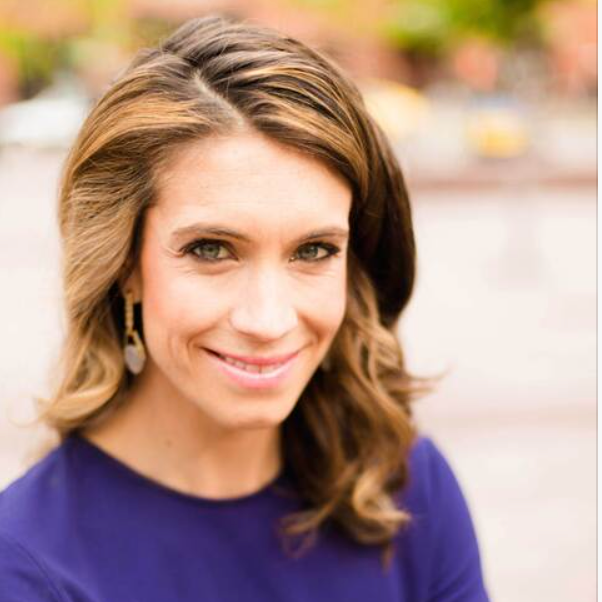Wine Didn't Make Me a Better Mom
But you wouldn't know that scrolling through Instagram. Instead of peddling alcohol and memes, society should give women what they really need: support and resources.
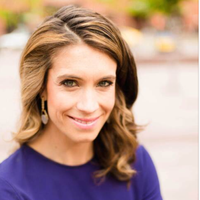
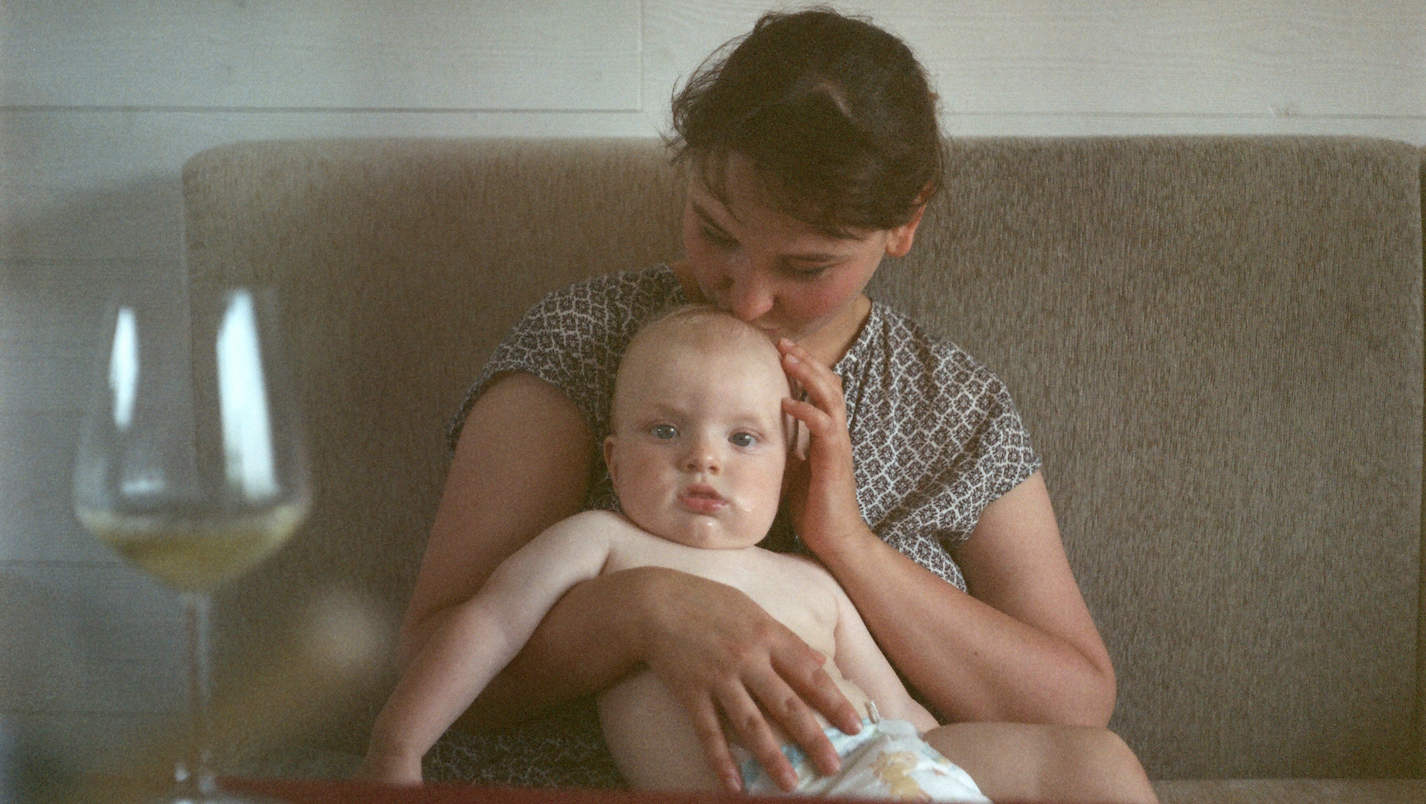
One evening in 2017, about six months into motherhood, I drank my first glass of wine after nine happy years alcohol-free. I was 38 and with some new mom friends at a trendy restaurant in Denver, talking sleep training and weaning. My daughter was the best thing that had ever happened to me, but as enraptured as I was, I was also coming to terms with the fatigue, loneliness, and clipped wings that mothering an infant can bring. So I ordered a glass of Prosecco. I didn’t have to explain why I didn’t drink or worry that I was a buzzkill. It was the easy thing to do. I’d been seduced by the pervasive and dangerous myth pushed by social media, marketing, and Big Alcohol—a $253 billion industry in the U.S.—that booze makes motherhood much easier.
I’m not alone in that seduction. During the pandemic, women increased their episodes of heavy drinking, defined as four or more drinks within a couple of hours, by 41 percent. In winter 2021, anecdotal evidence from hospitals across the country emerged pointing to a 30-to-50 percent spike in cases of alcoholic liver disease, an illness that usually occurs in men and most often appears in middle age, over the previous year. The most dramatic upticks occurred in women under 40, who, says Brian P. Lee, M.D., a transplant hepatologist at Keck School of Medicine of USC, “have been disproportionately affected by pandemic-related stresses and may be drinking more to cope.”
The increase in ALD among younger women is alarming, but it isn’t exclusive to the pandemic. Instead, it’s a symptom of a larger, more serious problem that American culture refuses to acknowledge but can no longer ignore. Between 1999 and 2017, alcohol-related deaths among women in the United States rose 85 percent. Since 2008, the most dramatic increases in rates of consumption, binge-drinking, and alcohol-related health issues and injuries have occurred in women in their 30s and 40s. Women, it appears, are increasingly anesthetizing themselves to their lives in such a way that they are getting hurt, sick, and dying.
I used to love to party. In my twenties, booze was intimately intertwined with friendship, fun, and romance. Although my drinking looked a lot like that of my peers, it wasn't all good times. I stayed out late and then suffered emotional hangovers that lasted for days. I had a job at one of the best publishing houses in the world, but instead of making the most of it and setting up my professional future, I slogged through work mindlessly. I got drunk and fought with boyfriends. There were bad decisions and near misses. An inkling of awareness began to rise within me: alcohol was hindering my dreams—and me.
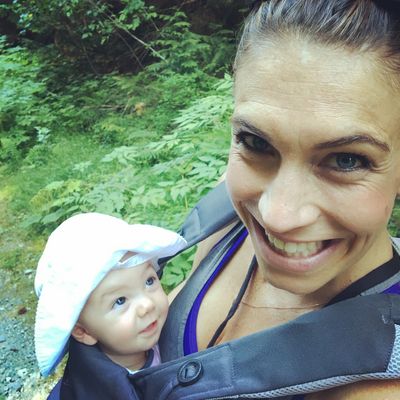
The author with her daughter, Reese, in 2017.
There was another niggling reality I couldn’t escape. I’d watched alcohol slowly eat away at my mother’s vitality. She was lovely, deeply empathetic, and kind. But when she drank, a glass became a bottle, and alcohol made her sad, volatile, and, at times, vicious. As with me, it amplified her anxiety and depression. I’d seen the road booze had led her down. In 2001, when I was 22, she took her life.
My mother’s death haunted me, and on some level, I drank to forget it, even though I told myself I was having fun. But alcohol couldn’t fill the chasm her death had carved in me; instead, it deepened it.
So, after a boozy Fourth of July weekend in 2008, when I was 29, I quit drinking cold turkey. There was no rock bottom, AA, or intervention; instead, a growing realization: I wanted more from my life than to muddle through it in an anxious, hungover haze. I longed to write professionally and have big, rich experiences across the globe. But mostly, I wanted love and to be happy. Those dreams drowned out my desire for anything else.
Get exclusive access to fashion and beauty trends, hot-off-the-press celebrity news, and more.
In short order, everything seemed to blossom. By 2011, I was adventuring around the world —tracking leopards in South Africa, off-piste skiing in Europe—and getting paid to write about it. I got off antidepressants and benzodiazepines. I fell in love and married. For a long while, I never looked back.
All around me, women seemed to be living their best lives with a glass of Whispering Angel in hand.
Then in 2017, life changed dramatically. In the span of a year, my father died suddenly. My husband and I moved to a new city. And I became a mother. Nursing my daughter, her big blue eyes looking up at me, I’d never felt such love. But grief works in mysterious ways, and mine uncovered old insecurities. In my new city, I was hungry for connection. I was lonely and overwhelmed. My foundation was shaky.
At the same time, I was bombarded by mommy wine culture propaganda. There were Mama Needs Wine T-shirts at Walmart and memes on social media saying things like, “The wine glass is a lie you tell yourself. You know you’re going to drink the whole bottle.” I went to the park with moms who drank wine out of Corkcicle cups and to the zoo, where mothers sipped flights of beer—purchased as a small upcharge with their entry fee—while strolling their kids past tigers and giraffes. Motherhood, it seemed, provided both a reason and an excuse to drink.
All around me—from the beautiful, seemingly perfect moms I knew in Denver to the glamorous influencers on Instagram—women seemed to be living their best lives with a glass of Whispering Angel in hand. On some level I began to think, maybe wine would make life easier. So that night at dinner with my new mom friends, I joined in.
For two years after my first daughter was born, I tippled occasionally—a crisp sauvignon blanc with friends at dinner; cava with a neighbor on a summer afternoon as our kids played. Drinking was a temporary reprieve from the demands of motherhood and an easy bridge to friendship, but it pushed me further from myself. The feelings of happiness and connection were fleeting and felt artificial. I wasn’t a better mom; I was more tired, anxious, and depressed. So, about two years ago, I quit for the second time. Just as before, there was no rock-bottom moment; instead, it was a gradual letting go, a slow release of something that didn’t serve me.
Trapped at home with two young children during the pandemic made me consider, at times, going back to booze. After a tough day of tantrums and homeschooling, a glass of wine sounded pretty damn good. But I had learned that lesson.
For me, alcohol never delivered the benefits mommy wine culture promised. But motherhood’s obsession with alcohol speaks to an uncomfortable reality: Being a woman in the United States has become almost unbearable. From raising Ivy League–caliber children, caring for aging parents, and achieving impossible standards of beauty and success, to the gender pay gap, lack of adequate paid parental leave, and social media, which inundates us with everyone’s perfect lives, 24/7, women are buckling under the pressures of American womanhood and drinking to survive it.
The feelings of happiness and connection were fleeting and felt artificial. I wasn’t a better mom; I was more tired, anxious, and depressed.
Moreover, women typically shoulder both the weight—domestic duties, scheduling—and the worry of parenthood. One friend summed it up perfectly: “The list of what I worry about compared to my husband is endless. Feed them this, not that. Discipline, but not too much. What activities should they do? Who are their friends? The pressure on moms is overwhelming.”
The pandemic, with its school closures and social distancing, amplified these realities and laid them bare. It should come as no surprise then that women accelerated their drinking. “Alcohol,” says Ann Dowsett Johnston, author of Drink: The Intimate Relationship Between Women and Alcohol, “is the modern woman’s steroid.”
But instead of giving us what we really need—better pay, better leave policies, better childcare, among other forms of support and resources—brands have seized on our vulnerabilities, selling us on the notion that booze is a silver bullet cure to all of our problems. In December, Tropicana dropped an ad on Instagram that featured model and wine mom extraordinaire Molly Sims sneaking into a closet equipped with a mini bar disguised as a hamper to enjoy a mimosa. “It’s so I can be a better mom, the best mom,” she explained with a knowing smile. After significant backlash, Tropicana pulled the ad and issued an apology.
All of these memes, marketing, and merchandise are supposed to be so LOL funny. But what they really do is normalize dangerous behaviors and obscure the truth of alcohol, which is that it’s a category one carcinogen, in the same class as tobacco and asbestos. Just two glasses of wine a day is linked to a 30-to-50 percent increased risk of breast cancer. Aside from tobacco, alcohol is the deadliest drug on the planet, killing more people globally than all other drugs combined.
Those health risks aside, I suspect alcohol is having a far greater private toll than mommy wine culture leads us to believe. Beyond the outward destruction it can cause—DUIs and broken families—drinking undermines women in less obvious ways. It’s the shame after a wine-fueled fight with your spouse; the guilt after snapping at your kids following a big night out; the time and energy and opportunity lost on hangovers when you could be out sowing the seeds of your dreams. “It’s this internal destruction of women not living in their power and not living into their potential and not feeling in integrity with themselves,” says Laura McKowen, author of We are the Luckiest: The Surprising Magic of a Sober Life. “You can’t even quantify how big that loss is.”
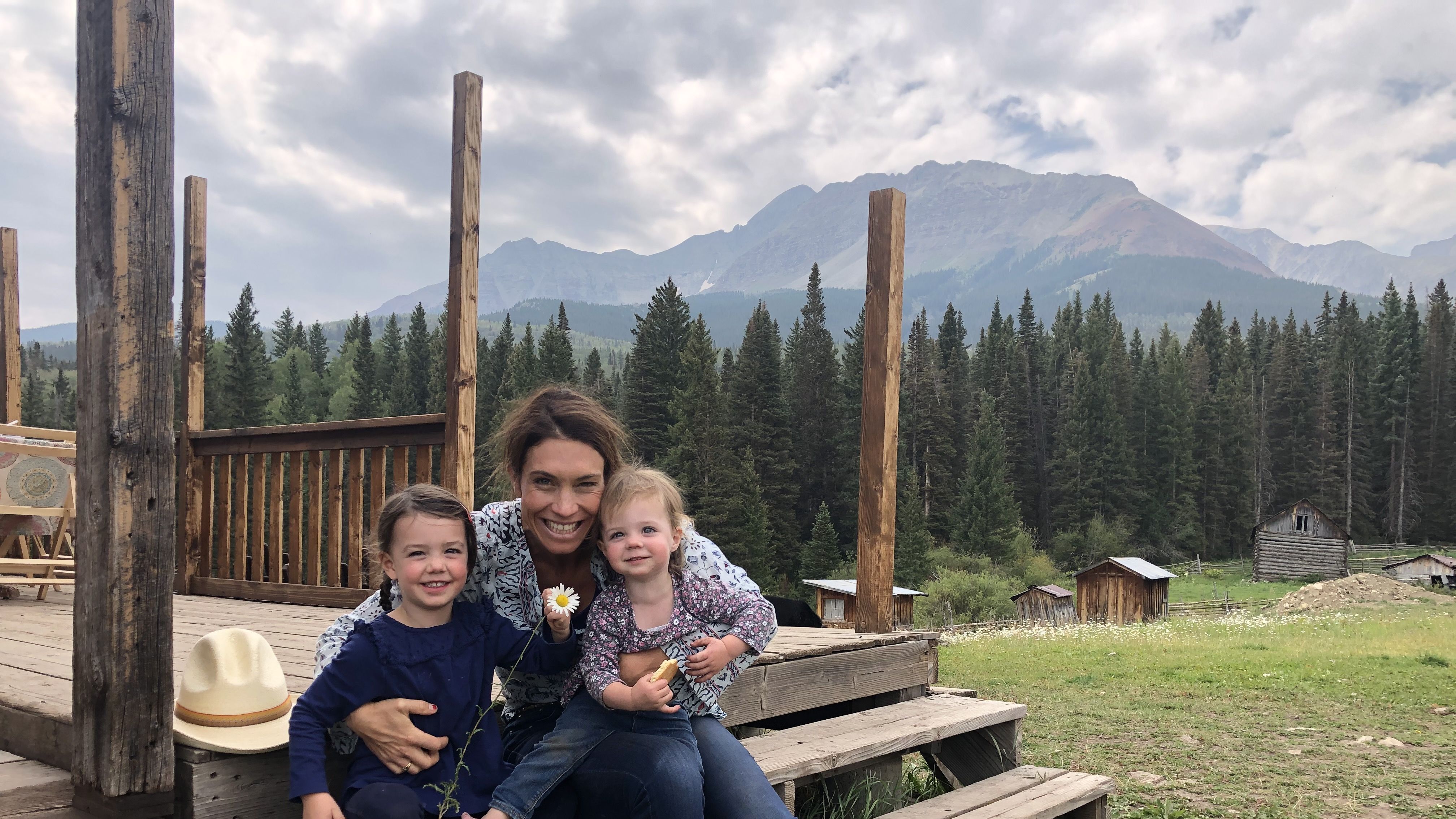
The author with her daughters, ages 3 and 1, in 2020.
But candid conversations about booze are hard to come by. After I wrote a recent story about pandemic drinking, messages from women around the world flooded my inbox. An acquaintance shared that she’d recently lost a female friend to alcohol-related organ failure. A nurse practitioner reported that she is seeing more severe and end-stage liver disease among women in their twenties. But the message that came to my inbox the most? How do I stop drinking?
Being a booze-free mom in an alcohol-obsessed world isn’t always easy. Deciding to leave alcohol behind is often filled with stops and starts. Groups like Sober Mom Squad, the Path, and Tempest offer sobriety support and alternatives to Alcoholics Anonymous, which, with its dogma and labels, can alienate people who don’t, say, identify with its mandate to admit that alcohol has made life unmanageable. Instead, these groups allow for more nuance: you simply have to want to examine your relationship with booze.
And if you do quit, you’ll find there aren’t a lot of us out there. I’ve been called boring because I don’t drink, and I suspect my sobriety at times makes others uncomfortable and might have social ramifications. But for me, being a good mother and wife, pursuing my dreams, and modeling all of that to my children means living alcohol-free.
Sometimes at night, I snuggle up with my girls, now two and four. I nuzzle into their soft curls and warm bodies. To be a parent is to live in a state of love and terror, knowing all that could befall your children. In these quiet moments, my past and my future flash before me. I pray for their health and safety, and plead with the universe that I will get to meet their babies. Sometimes I think of my own mother and wish that she could know these radiant girls. Would she still be here if she’d given up the bottle like me? I’ll never know. But most of all, I wonder who they will grow into. Though I know at some point my daughters will likely drink, I want them to understand that they do not need to look outside of themselves for anything; that they are perfect as they are, unadulterated by any substance.
Watching the rise and fall of their chests, like so many parents, I sometimes worry about the world they will inherit. Ultimately, we as a society need to address what is making modern womanhood in the United States so damn hard—the unrealistic expectations, the lack of affordable childcare, and so much more. But in the meantime, instead of normalizing this notion that alcohol makes us better women and mothers, let’s normalize the magic of authentic connection and presence—of being utterly ourselves. Instead of stigmatizing sobriety, let’s teach women and girls that we are strong enough to face life without a wine glass.
This story has been updated.
RELATED STORIES
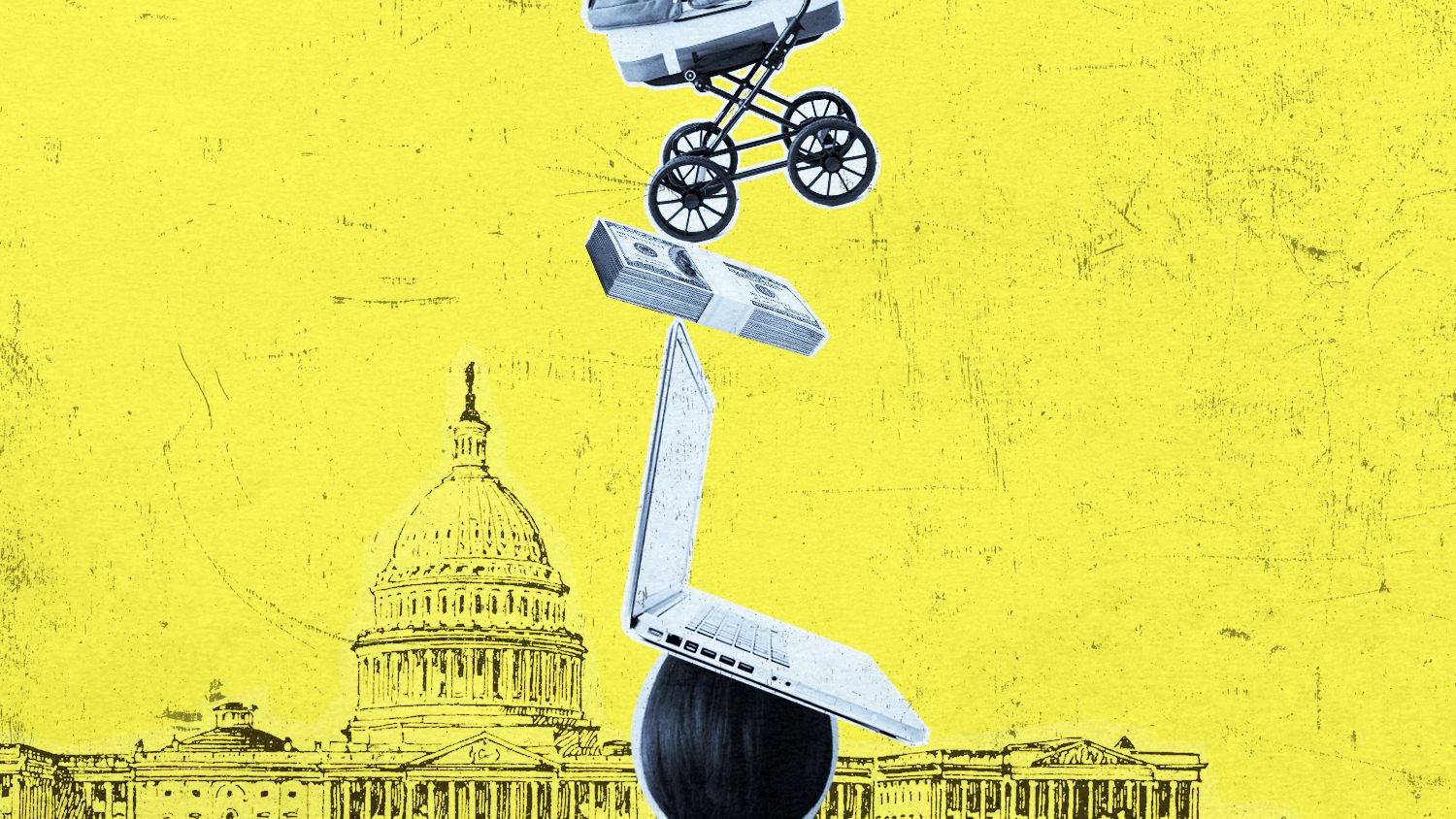
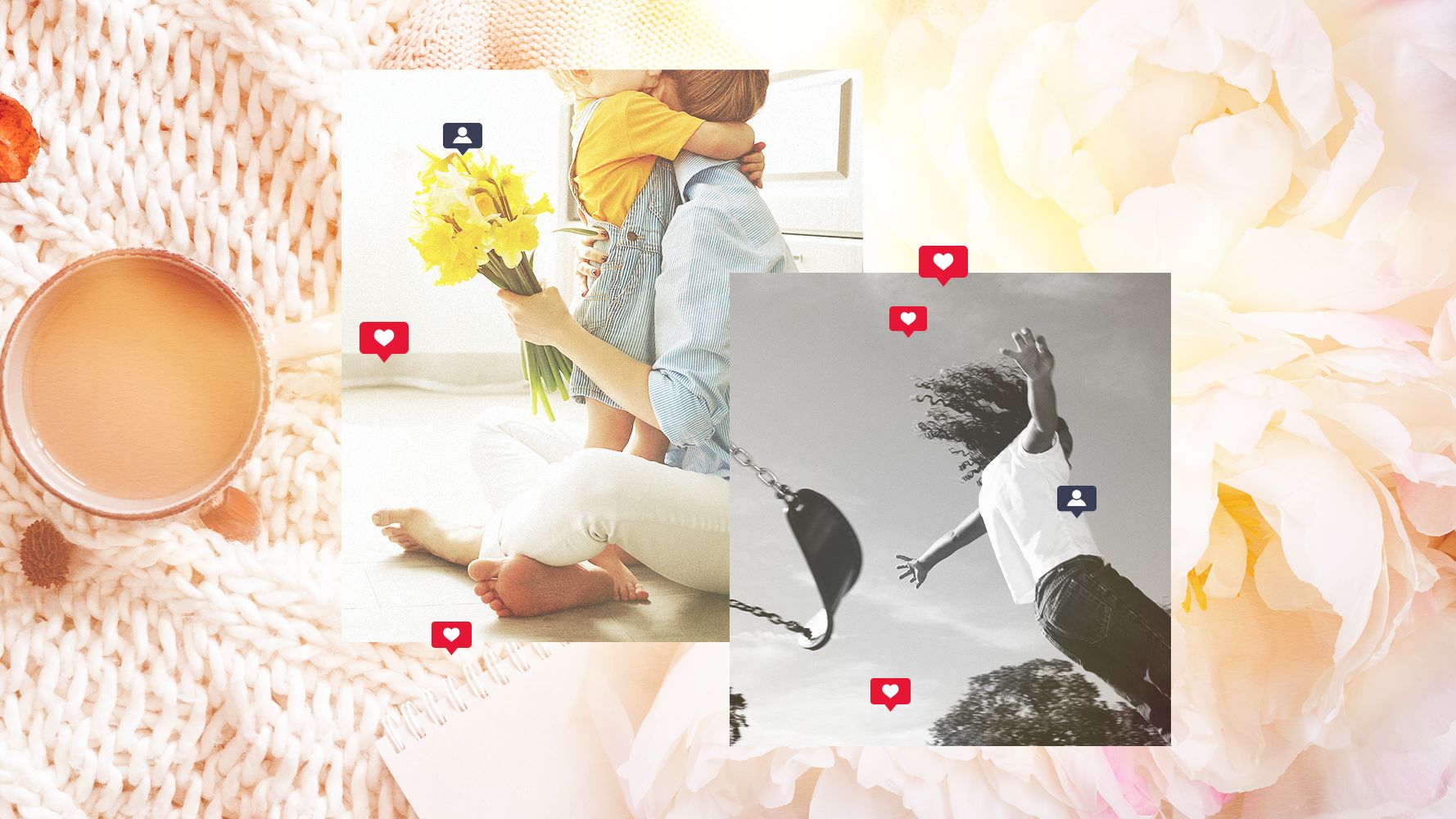
Kelley Manley is a freelance journalist whose work has appeared in the New York Times, Vogue, Marie Claire, Departures, and other national and regional publications. Follow her on Instagram @KelleyMcMillanManley.
